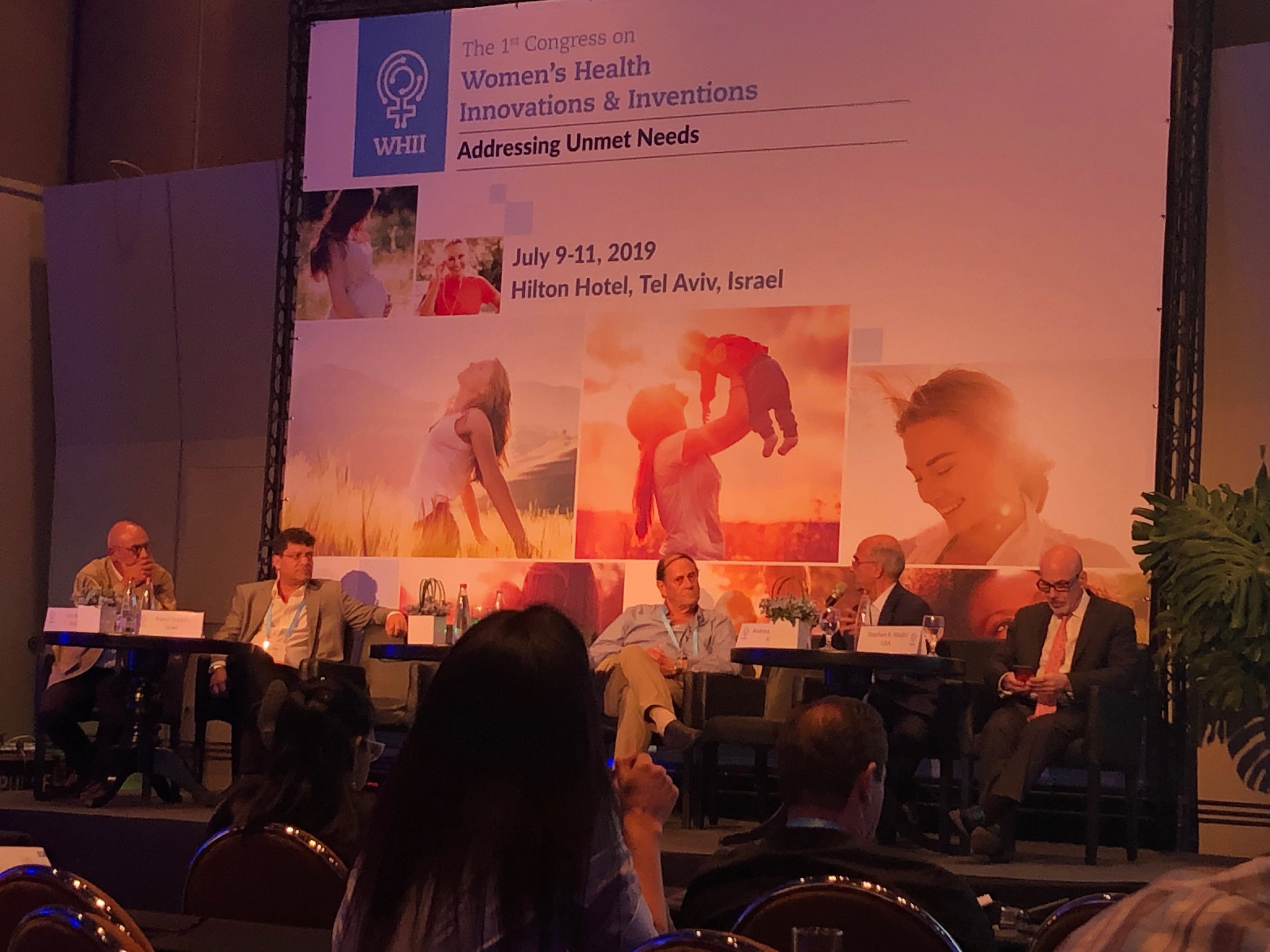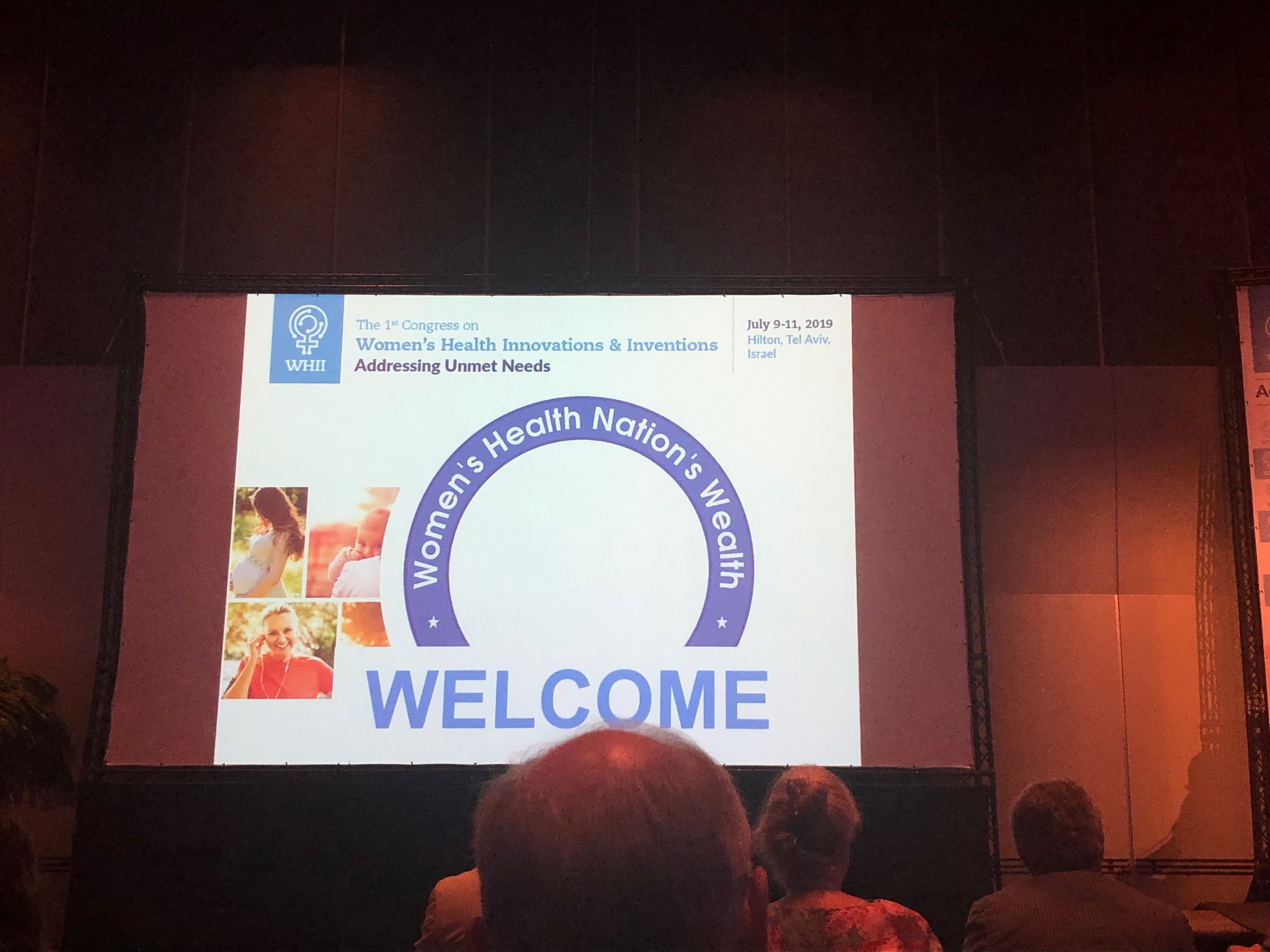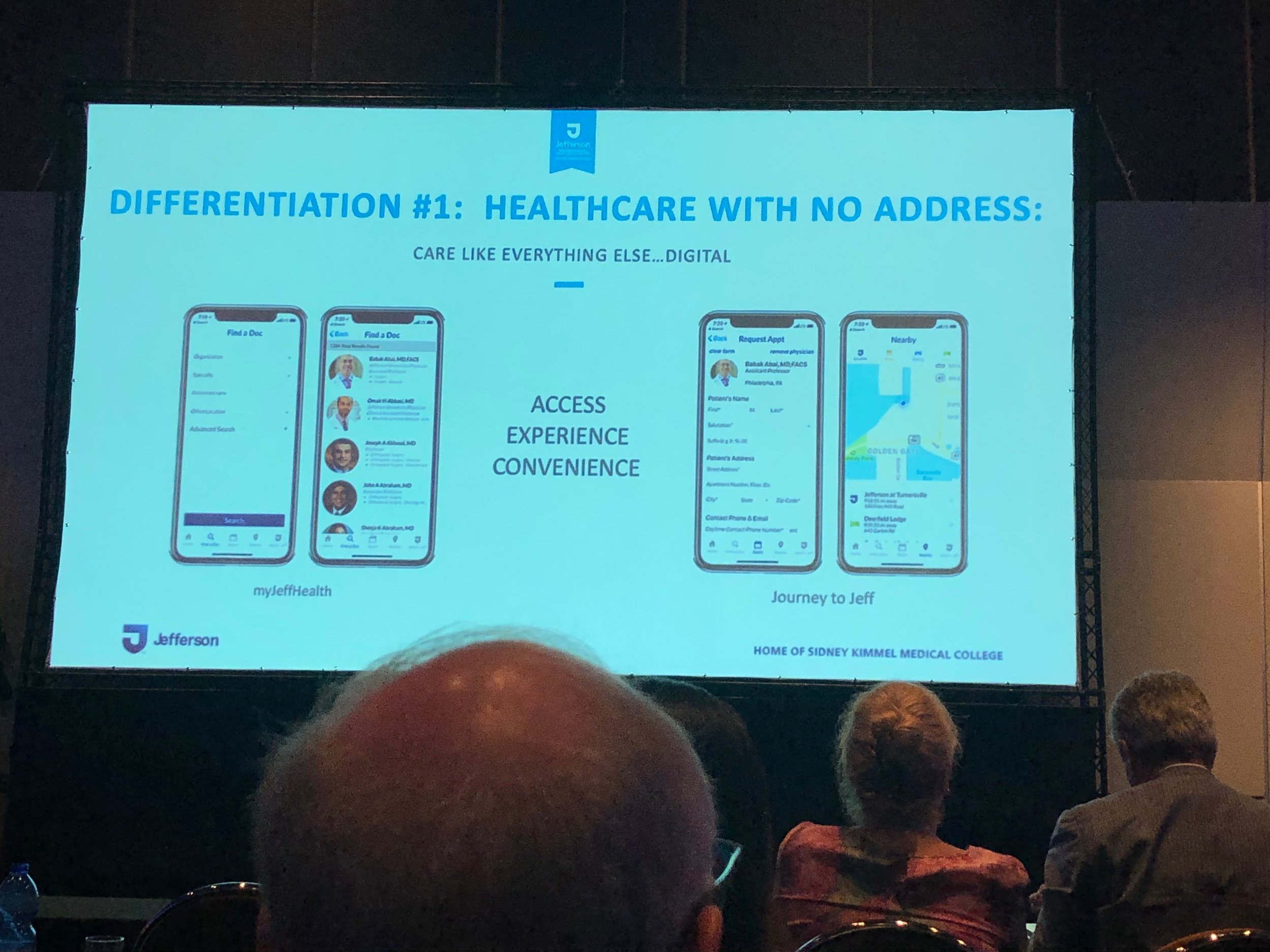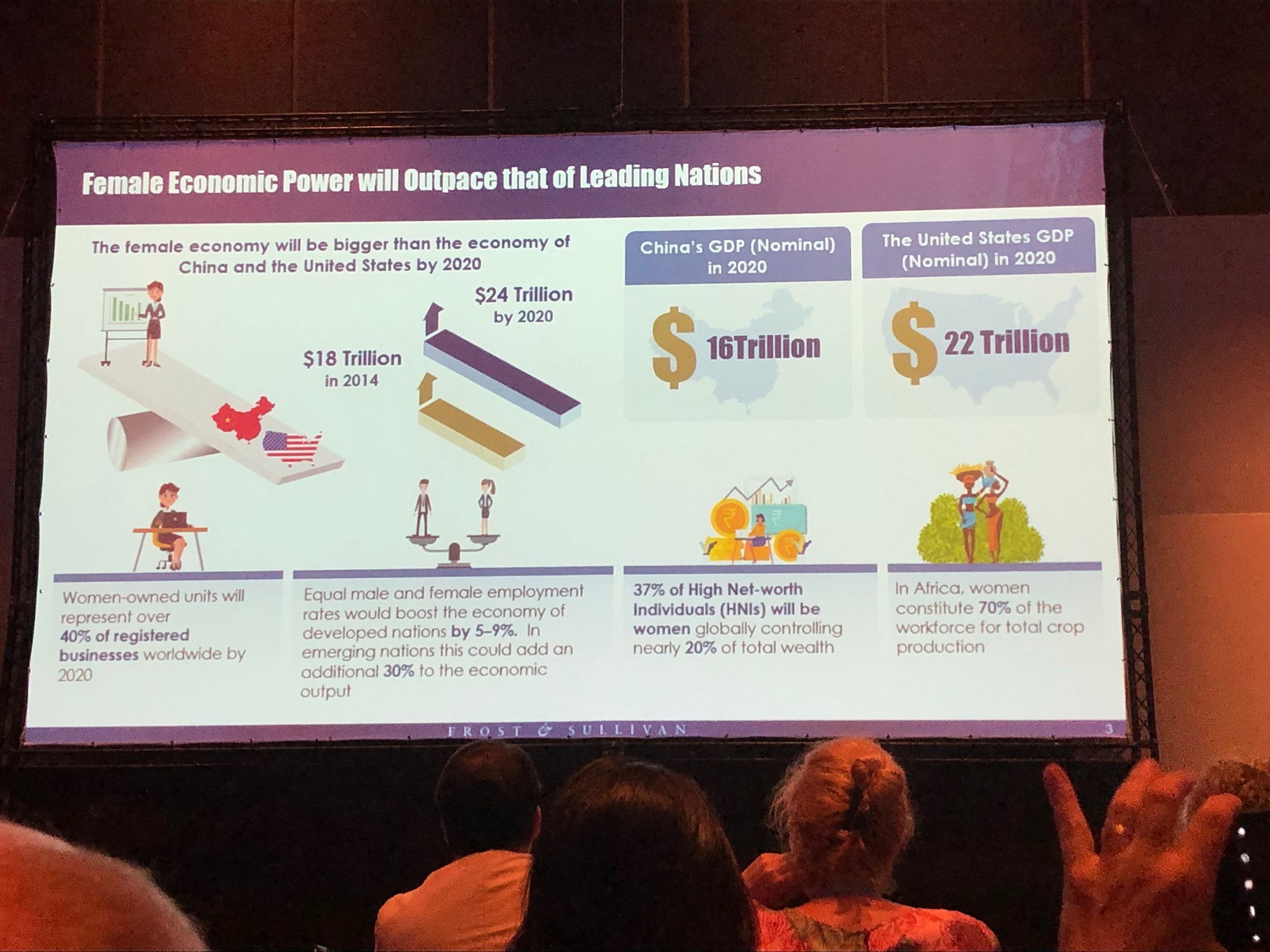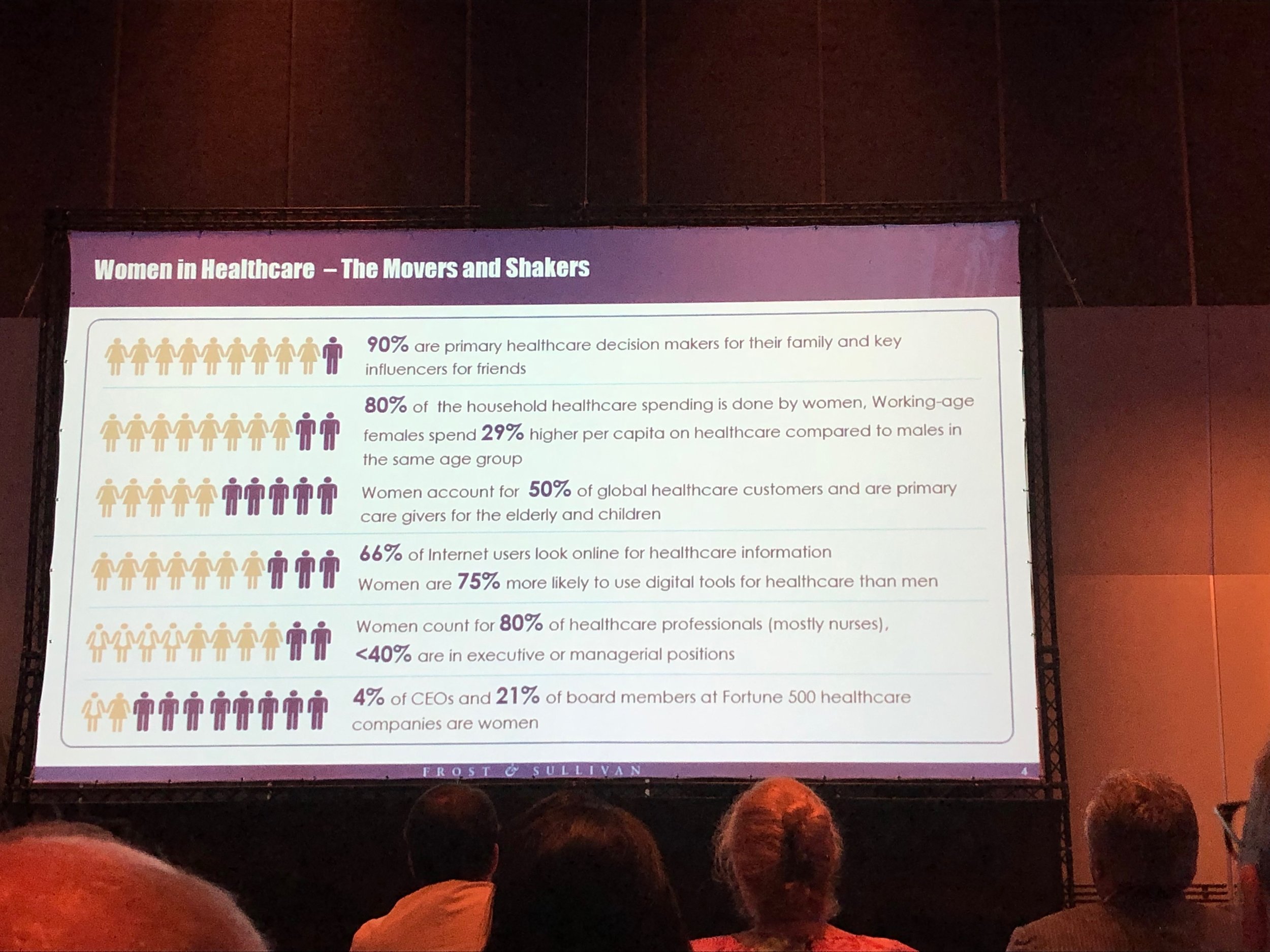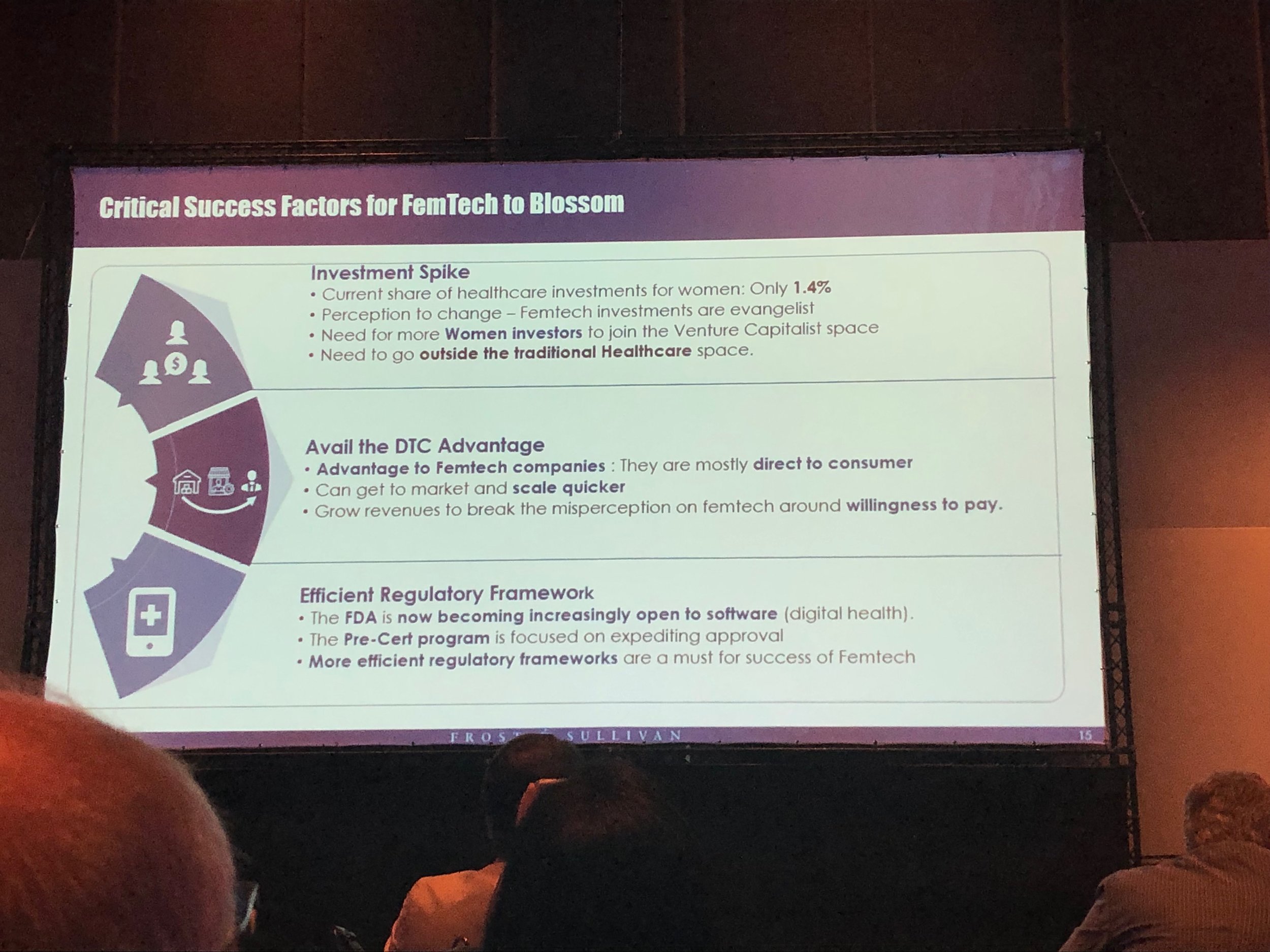Day 1 at WHII: We need to get women's health products out to consumers
As I start this write-up, I'm still recovering from the past two and a half days at the 1st Women's Congress on Women's Health Innovations & Inventions (WHII): Addressing Unmet Needs.
It was the first conference in the world to concentrate on women's health and it was certainly impressive. As opposed to big conferences where the action occurs on the exhibition floor, WHII was filled with interesting content and the action happened in the lecture and panels. I found myself torn each session between whether to go to Hall A, B, C or D and that in itself is a big compliment to the organizers of the conference (Dr. Moshe Hod & Dr. Benny Zeevi).
I'm going to post about each day separately, and will only be posting main highlights. There are obviously many other interesting people, lectures and information -- feel free to contact me if you want to hear more.
Day 1
I have to admit I was a bit upset when an hour into the conference I was looking at a panel of 5 men on the center stage under the poster of Women's Unmet Needs. Although all were top experts in the field, I hope that in the future the opening ceremony stage will be filled with more women, or at the very least an acknowledgment of the fact that no women are sitting on the stage. Personally, I would have put the Women's Panel (Women's Health is Nation's Wealth) that occurred in a side room on Day 2 (Session 18) on this stage at this time.
The highlights for me were as follows (in order of appearance):
1) Dr. Anne Kihara, among other titles she is the President of the African Federation of Obstetricians and Gynecologists (AFOG).
To put things in perspective, there are 5M births a year in the US, 5M births a year in Europe, 40M births a year in India and 35M births a year in Africa. Dr. Kihara is in charge of 35M of those births. She spoke about the fact that women are 80 times more likely to die in labor in Africa (80% of which are preventable) and how "Medicine is not enough" to solve this problem. She called for research centers to be opened and clinical trials to be run in Africa. Considering that AI/ML/research is influenced by the data it is run on, clearly she is right in the call for gathering data from lower-income countries as well.
She was amazingly well-spoken and inspiring and after her talk I felt she should run for president of Kenya (and got to tell her this later in the conference).
2) Dr. Stephen Klasko, CEO of Jefferson Health and President of Thomas Jefferson University gave a fantastic speech about healthcare in 2029.
His hope? That in 2029 if you go to Philadelphia and ask someone where Jefferson is, people won't know, because Jefferson will be the place where only the very very sick people go.
Jefferson Health is promoting very consumer-centric services including: virtual triage, JeffConnect telehealth app and services, tinder for the matching of patients and doctors, ambulance ride services that check your file and automatically know if you need oxygen or an accessible ride, video-calls post surgery with your family members so even if they are far they are with you to hear what the doctors have to say and more.
His view of how the health system needs to move completely to the consumer is refreshing, particularly considering the importance of the consumer in the whole femtech movement.
3) Reenita Das, partner and Senior VP of Healthcare and Life Sciences at Frost & Sullivan. Reenita gave an amazing speech about the women's healthcare market, concise and filled with interesting data.
In 2020 the female economy will reach $24 trillion and be bigger than the economy of China and the US. 34% of High Net-Worth individuals will be women, controlling 20% of total wealth.
4% of CEOs and 21% of Board Members of Fortune 500 healthcare companies are women
80% of household healthcare spending is done by women
Femtech focus is currently around fertility and pregnancy, we need more solutions for underserved areas
Current share of healthcare investment for women: ONLY 1.4%
Why is this important? Reenita calls for more women investors to join the VC space and believes there is a need to go outside the traditional healthcare space and connect direct-to-consumer (DTC) women's health products with women investors. We need to break the misperception on femtech around willingness of women to pay for products.
For those interested, here are some more facts from Reenita:
Women are affected by the following diseases at a much higher occurrence than men and cost the healthcare system: Cardiovascular disorders ($222+ Billion), Rheumatoid Arthritis ($204 Billion), Mental Health ($116 Billion), Multiple Sclerosis ($22.4 Billion), Osteoporosis ($7 Billion).
1 billion women will enter menopause by 2020
1 in 5 women suffer from postpartum depression
570,000 new cases of cervical cancer were detected in 2018
Depression is twice as common in women than men
1 in 3 women over 50 have Osteoporosis
Some photos:

